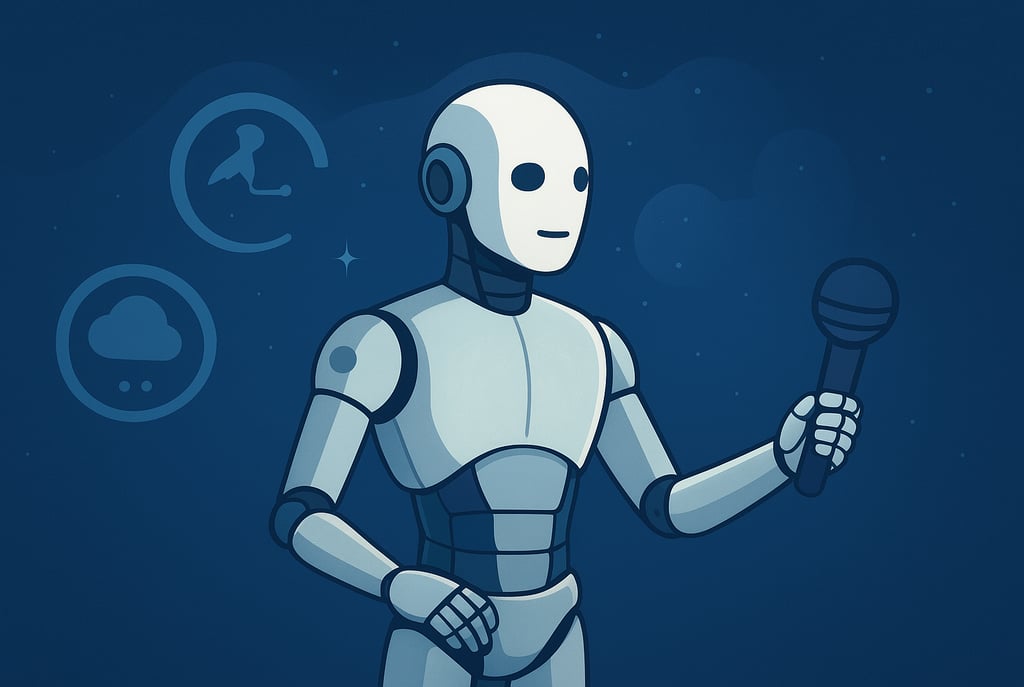AI in Entertainment: How Artificial Intelligence Is Shaping Movies, Games, and Media
Artificial Intelligence is revolutionizing entertainment in ways that were once pure science fiction. From writing movie scripts to creating virtual actors and enhancing gaming experiences, AI is reshaping how we create, consume, and experience media. Let’s take a look at how this technological wave is transforming the world of entertainment.


AI in Movies: Smarter Storytelling and Visual Magic
Hollywood and streaming platforms are embracing AI more than ever. Filmmakers use AI to analyze audience preferences, helping predict what genres or themes will perform best. AI can even generate storylines or assist in scriptwriting, offering creative prompts that help writers overcome blocks.
In post-production, AI tools are used to enhance special effects, de-age actors, and restore old footage. It also streamlines editing, color correction, and audio syncing, saving studios both time and money.
AI in Gaming: Smarter Worlds, Realer Interactions
In the gaming industry, AI brings characters and worlds to life. Non-playable characters (NPCs) now learn and adapt to player behavior, offering more realistic and unpredictable interactions. AI-driven systems can create vast, dynamic worlds that evolve as you play, making every gaming session unique.
Developers also use AI to balance difficulty, detect cheating, and enhance performance, ensuring smoother gameplay. And with voice synthesis technology, games can now feature fully AI-generated dialogue that fits naturally within complex storylines.
AI in Music and Media Creation
AI isn’t just changing visuals—it’s composing music, editing videos, and curating personalized playlists. Platforms like Spotify and YouTube use AI to recommend songs and videos tailored to your tastes, while AI composers generate soundtracks in real time for creators and filmmakers.
In journalism and digital media, AI helps produce automated summaries, highlight reels, and personalized news feeds, allowing users to consume content that matches their interests perfectly.
The Ethical and Creative Debate
While AI offers endless creative potential, it raises important questions:
Can a machine truly be creative, or does it only imitate human art?
Should AI-generated music, films, or games be labeled differently?
How can we protect artists’ rights when AI is trained on their work?
These discussions are vital as AI continues to blur the line between human and machine creativity.
Conclusion
AI is not replacing human imagination—it’s expanding it. By helping artists, developers, and filmmakers push boundaries, Artificial Intelligence is turning dreams into digital reality. The future of entertainment will be a partnership where human creativity meets machine precision, creating experiences that are more immersive, personalized, and limitless than ever before.